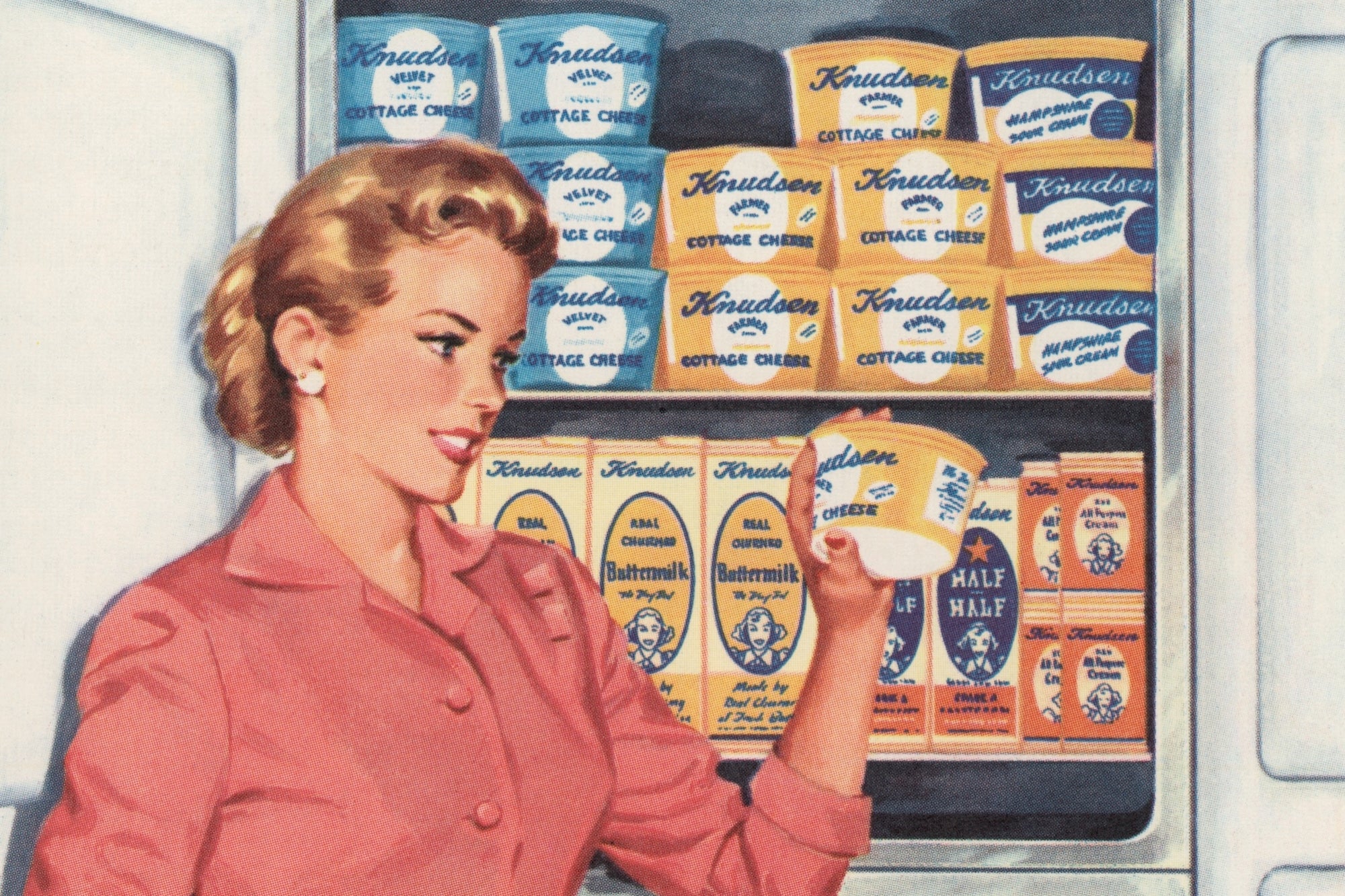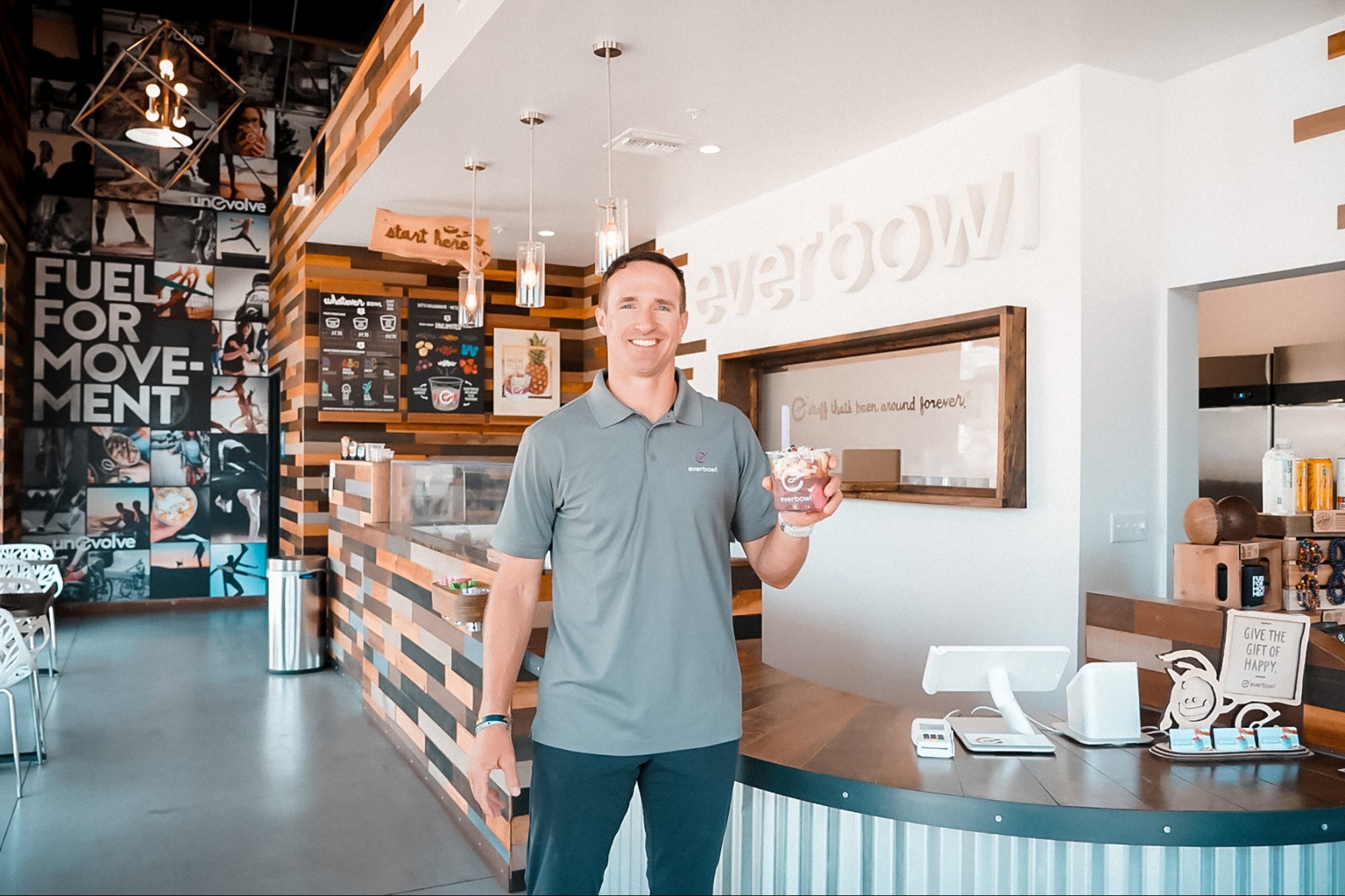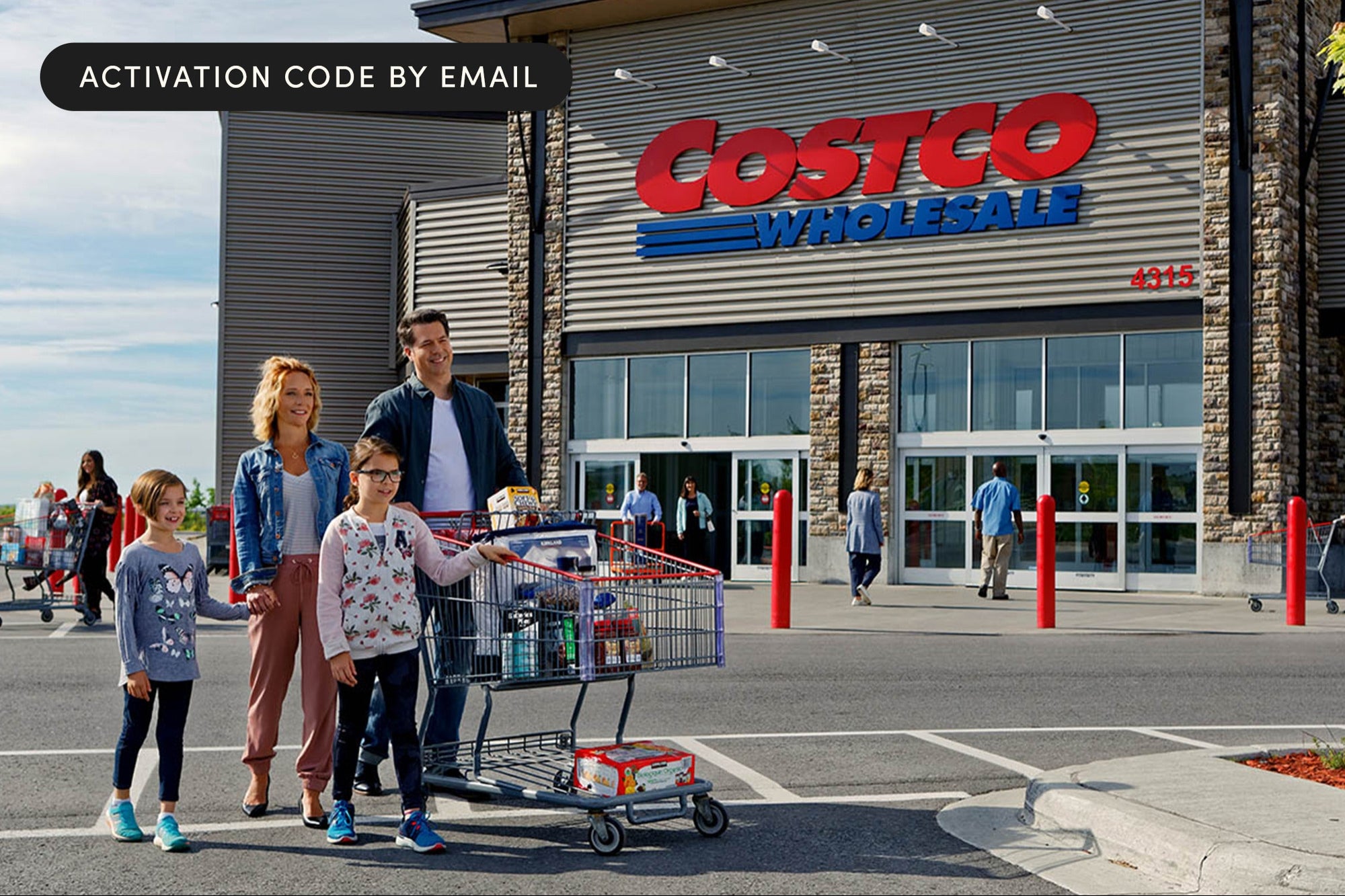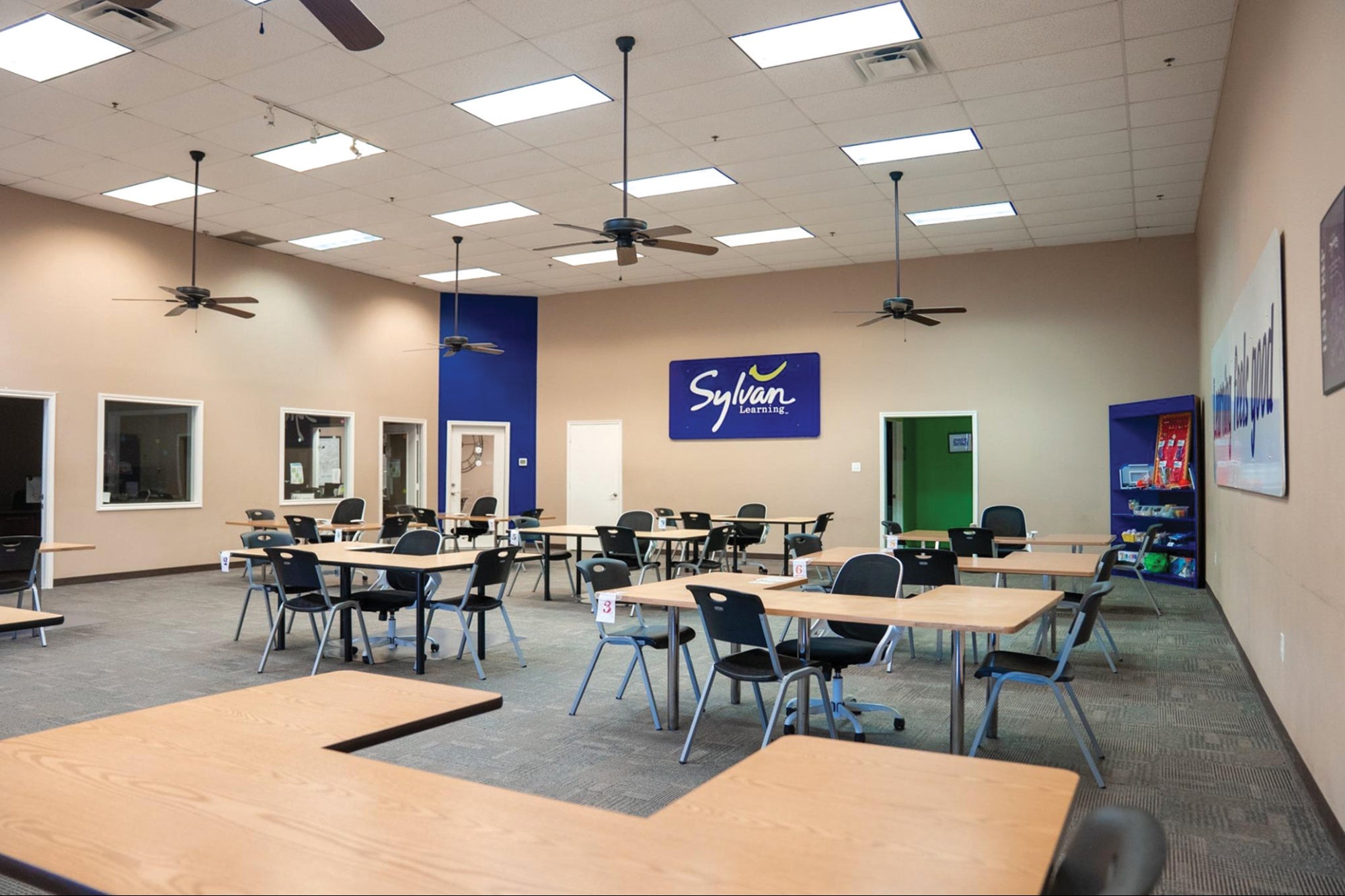These College Friends Wanted to Sell Better Food. Now, Their Company Is Publicly Traded. Sweetgreen co-founder Nicolas Jammet dives into how the brand got started, what setbacks it faced and how it's using automation in its 250-plus locations.
By Shawn P. Walchef Edited by Jessica Thomas
Key Takeaways
- Sweetgreen, founded in 2007, persisted through early setbacks to become a fast-casual sensation with over 250 locations and a public stock listing.
- The brand's evolution from near failure to cultural phenomenon included inventive solutions like sidewalk DJ sets and eventually led to the Sweetlife Festival.
- Sweetgreen's commitment to innovation continues with its embrace of technology in operations, offering automated food prep.
Opinions expressed by BIZ Experiences contributors are their own.
Most college seniors are thinking about final exams, graduation parties or maybe landing their first job. Nicolas Jammet was about to open a restaurant.
Not just any restaurant — Sweetgreen, the mega-popular, fast-casual chain with more than 250 locations, a public stock listing and — for a brief but unforgettable stretch — its own music festival featuring Kendrick Lamar and The Weeknd.
Jammet co-founded Sweetgreen in 2007 with friends Jonathan Neman and Nathaniel Ru. Today, Jammet is the company's chief concept officer, Neman is CEO and Ru is chief brand officer.
Related: Fans Are Tattooing This Pizza Brand's Logo on Their Skin for a Year of Free Slices
Two days before opening their first location in Washington, D.C.'s Georgetown neighborhood, Jammet's apartment was broken into. The only laptop they had was gone. Inside were every recipe, training document and operational detail the team had built.
"There was no backup," Jammet says. "We stayed up for 48 hours straight, trying to piece it all back together."
They opened anyway and made it work. Then winter hit. Georgetown emptied out, foot traffic disappeared and their 560-square-foot salad shop teetered on the edge. "We almost didn't make it out alive," he recalls.
But they adjusted. They tweaked the menu, leaned into warm dishes and started figuring out what actually worked. It wasn't pretty, but it was enough to keep going.
The second location was a step forward, but it brought its own challenges. It backed up to one of D.C.'s best farmers' markets — great for ingredients, but not so great for business. The location was on the wrong side of the street — the Starbucks across the road was packed, but Sweetgreen sat empty.
So they improvised: They got a speaker from Guitar Center, and Ru performed a sidewalk DJ set while they handed out samples. It worked — people looked up, traffic trickled in and then, gradually, things started to click.
They threw a block party. Then a bigger one. That block party turned into the Sweetlife Festival. The first one was small — just a few hundred people in a parking lot, a Lululemon tent and local energy. A few years later, it was thousands at Merriweather Post Pavilion, watching Lana Del Rey, The Strokes and yes, Kendrick Lamar and The Weeknd. Avicii brought Taylor Swift. SZA performed too.
What started as a way to move salads turned into something bigger: a brand with cultural gravity, a point of view and a habit of doing things the hard way, on purpose.
That same impulse to rethink the expected now drives the company's approach to something far less glamorous than a music lineup: operations.
A game-changing accident
From the early days, Jammet and his team understood that convenience would be just as important as quality. Sweetgreen was among the first to build a native ordering app, offer mobile pickup and eliminate the counter altogether. The self-serve pickup shelf, now standard at countless fast-casual chains, was originally a last-minute fix in a short-staffed Boston store.
"It was a happy accident," Jammet says. "Customers didn't want to wait. They wanted to walk in, grab their food and go."
That instinct to reduce friction without sacrificing experience now defines the brand's next phase: automation.
Sweetgreen's Infinite Kitchen uses robotics to assemble up to 500 bowls per hour with precise portioning and temperature control. Proteins, grains, greens and dressings are all added by machine. But the company hasn't gone full sci-fi: Guests are still greeted by a host, and ingredients are still prepped and finished by hand. The idea is efficiency without coldness.
It's not just about speed. The technology also gives the brand room to scale without compromising consistency, something that's notoriously hard to maintain across 250+ locations.
Sweetgreen's latest flex? French fries. It calls them Ripple Fries, which are fresh-cut, air-fried in avocado oil and served with garlic aioli or pickle ketchup. The rollout wasn't quiet — they handed out thousands of samples at the Hollywood Farmers Market, posted ingredient comparisons next to fast-food giants and let the internet do the rest.
Jammet calls them craveable. They're also strategic. Fries aren't just a crowd-pleaser; they're a signal: Sweetgreen isn't just optimizing salad. It's coming for fast-food's sacred staples and rewriting them ingredient by ingredient.
Which is fitting, considering the original recipes had to be rewritten from scratch on zero sleep after that laptop was stolen. Now, the files are backed up, and Sweetgreen is doing what it's always done best: seeing where food is going, and quietly getting there first.
Related: How a Spot on 'The Montel Williams Show' Sparked a Restaurant Power Brand for This Miami Chef
About Restaurant Influencers
Restaurant Influencers is brought to you by Toast, the powerful restaurant point-of-sale and management system that helps restaurants improve operations, increase sales and create a better guest experience.
Toast — Powering Successful Restaurants. Learn more about Toast.
Restaurant Influencer is also supported by NEXT INSURANCE. See why 600,000+ U.S. businesses trust NEXT for insurance.














